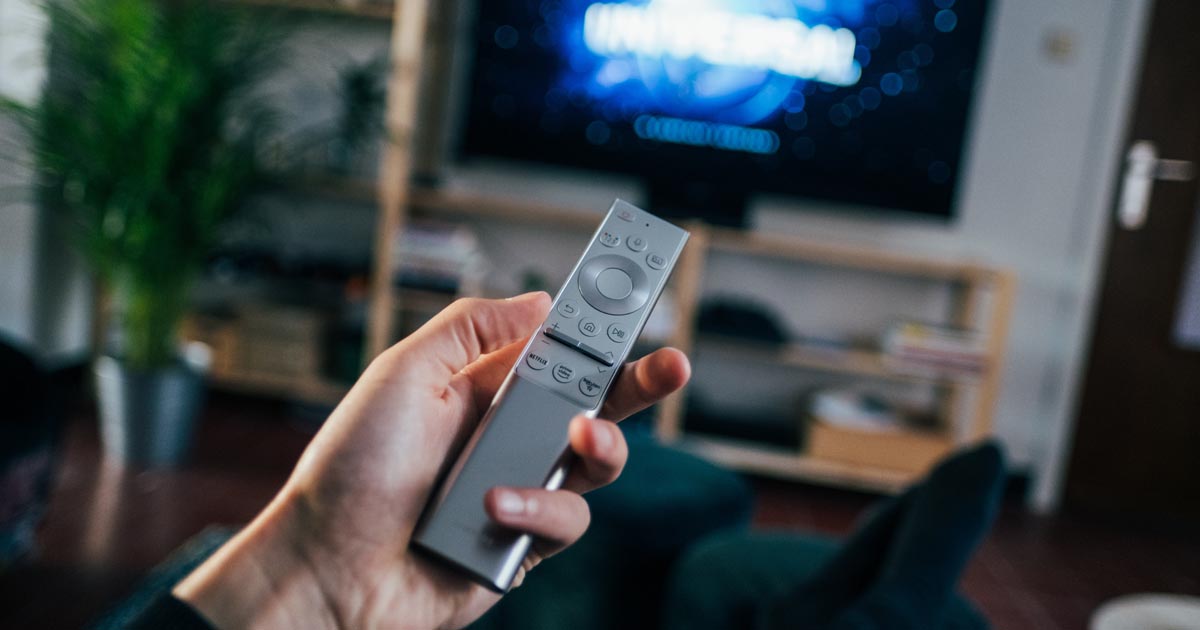Remote controls, sensors for the Internet of Things and the smart home, but also wearables such as watches or headsets will not need their own batteries in future, according to the manufacturers - with clear advantages in terms of manufacturing costs and environmental balance. Instead of batteries, such devices will draw their energy from Bluetooth, WLAN and mobile radio waves. //next gives a first example and an outlook.

Gadgets that don't need a battery at all? What sounds like the distant future should be reality in three to five years, according to manufacturers like Oppo: The parent company of Oneplus has presented its idea of "zero-power communication" in a white paper (see below). Here, sensors in the Internet of Things, in the smart home and in medicine, but also wearables such as headphones and watches, obtain their energy directly via Bluetooth, WLAN and mobile radio signals. "Zero-power communication is also expected to be one of the main applications of the upcoming 6G mobile communications standard, which will transmit data more than 100 times faster than 5G.
As the magazines t3n and The Verge report, Samsung already has a device that provides energy in a similar way: The "Eco Remote II" remote control presented at CES 2022 relies on so-called RF harvesting - in other words, it obtains energy from radio waves. For this purpose, the WLAN radiation from routers is collected by a module built into the remote control and converted into energy. To be on the safe side, the remote control can also be supplied with energy via a solar cell.
Why such devices without batteries should be beneficial for consumers and the environment is summarised by t3n as follows:
Text: Ingo Schenk
Most popular